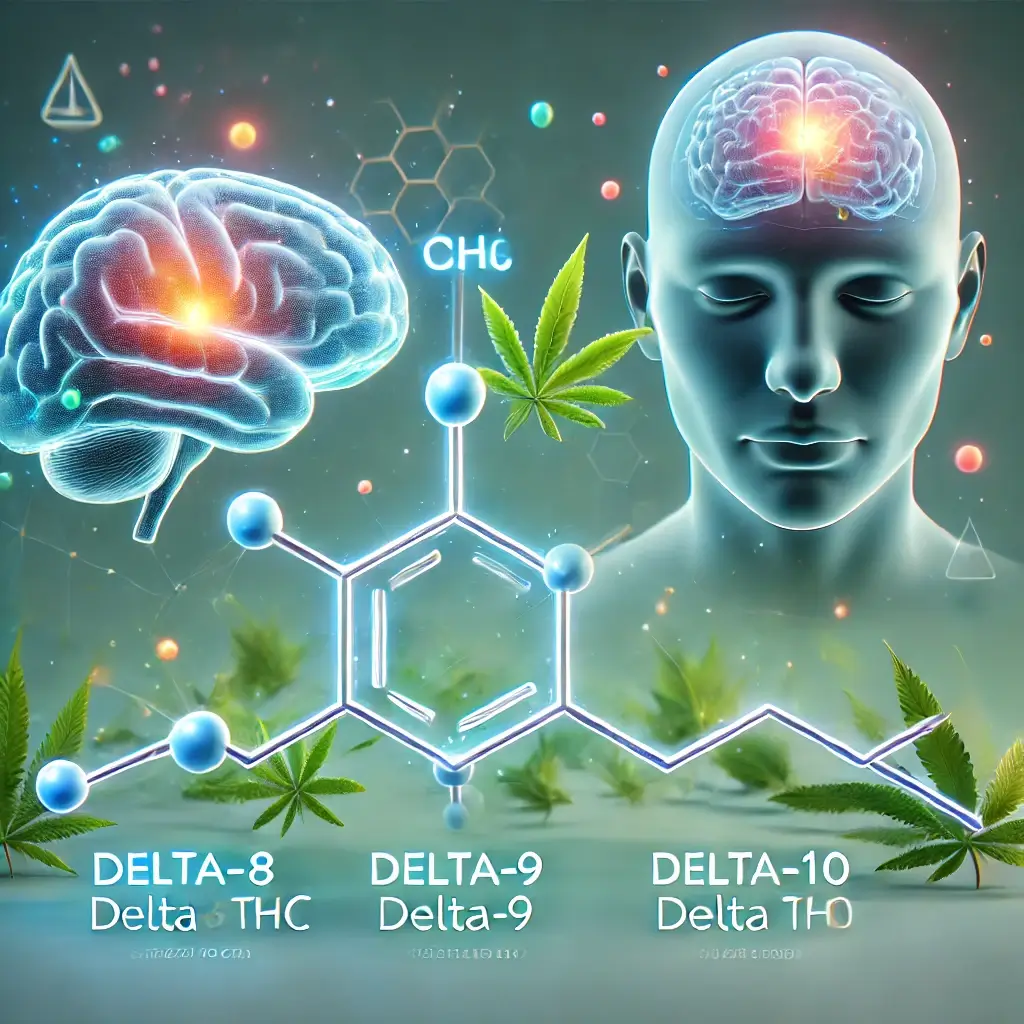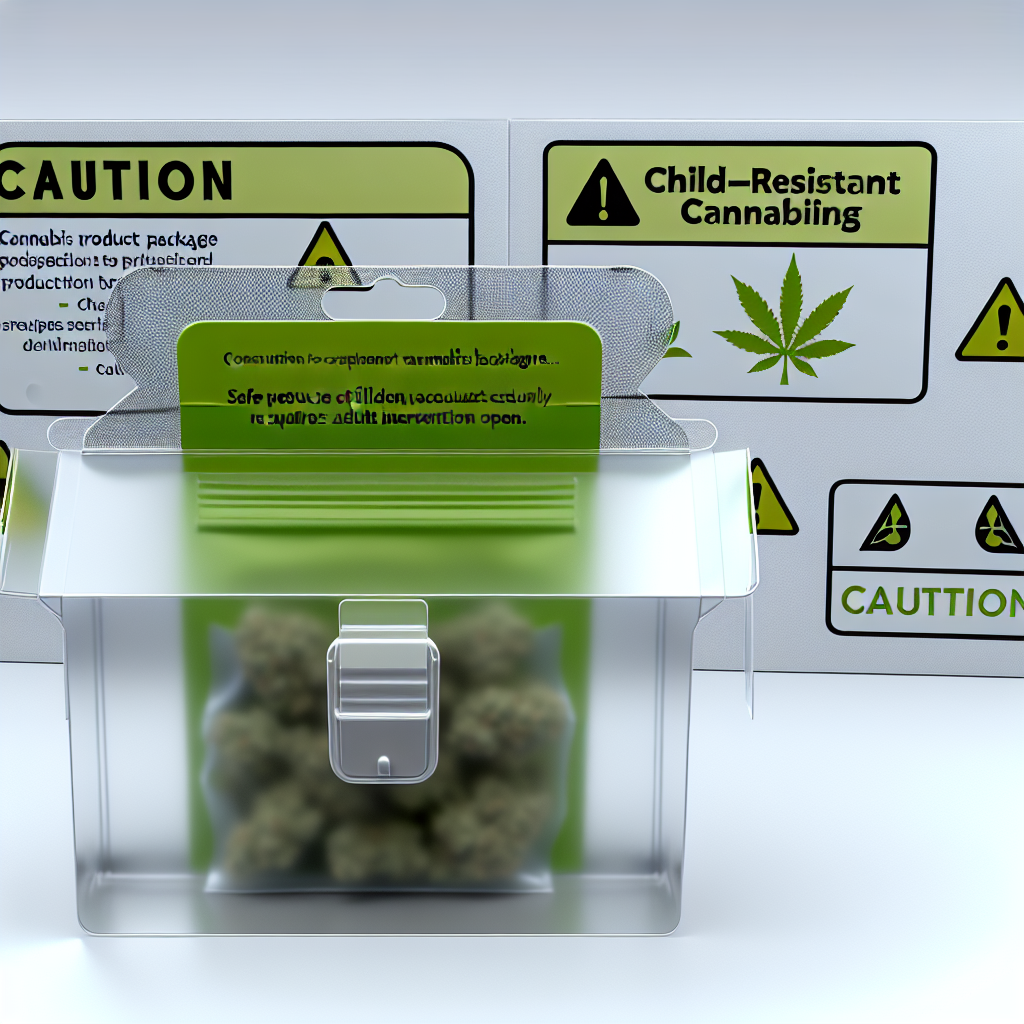The Evolution of Hemp-Derived Compounds
The rise of hemp-derived delta compounds, such as Delta-8 and Delta-10 THC, signifies a new chapter in cannabinoid-based therapeutics. These compounds, derived from hemp plants, offer a promising alternative for individuals seeking relief from various conditions, with the added benefit of milder psychoactive effects compared to Delta-9 THC. Their legal status under the 2018 Farm Bill, which allows for hemp derivatives containing less than 0.3% Delta-9 THC, has further bolstered their popularity. However, with increased accessibility comes the need for robust evidence-based protocols and comprehensive understanding of their therapeutic potential.
Understanding the Endocannabinoid System’s Role
The endocannabinoid system (ECS) plays a pivotal role in the efficacy of hemp-derived delta compounds. By modulating CB1 and CB2 receptors, these compounds influence processes such as pain perception, inflammation, mood regulation, and sleep cycles. This interaction makes them an appealing option for managing chronic pain, anxiety, and sleep disturbances, among other conditions.
Exploring Clinical Applications
This article will explore the clinical applications of hemp-derived delta compounds, supported by research and evidence-based protocols. It will also address the challenges associated with their use, including quality control and safety measures, to provide a holistic understanding of their role in modern medicine.
Evidence-Based Research and Pain Management
Recent studies underscore the therapeutic versatility of hemp-derived delta compounds. In pain management, Delta-8 THC has emerged as an effective alternative to traditional opioids. A 2021 study published in the Journal of Pain Medicine demonstrated its ability to alleviate neuropathic pain with minimal side effects. Participants reported significant reductions in pain intensity, highlighting its potential in chronic pain management protocols. This aligns with anecdotal reports from patients seeking non-opioid alternatives for long-term relief.
Mental Health Applications and Sleep Medicine
Delta compounds are also gaining recognition in mental health management. The anxiolytic properties of Delta-8 THC were examined in a 2022 Journal of Cannabis Science study, where patients with anxiety disorders experienced marked symptom improvement. This is attributed to the compound’s ability to modulate the ECS and regulate stress hormones such as cortisol. Moreover, Delta-10 THC has shown potential in mood stabilization, though its effects are less studied compared to Delta-8 THC.
Sleep Management and Treatment Protocols
In sleep medicine, these compounds demonstrate promise in addressing insomnia and other sleep disturbances. A 2021 review in Sleep Medicine Reviews analyzed their impact on sleep cycles, noting improvements in sleep onset, duration, and quality. By interacting with CB1 receptors, Delta-8 THC enhances deep sleep phases, making it a valuable therapeutic tool for individuals struggling with sleep-related issues.
Implementing Evidence-Based Treatment Protocols
Evidence-based protocols are essential for the safe and effective use of hemp-derived delta compounds. Initial assessments involve a thorough review of the patient’s medical history, focusing on potential contraindications such as existing cardiovascular conditions or ongoing medication regimens. Once suitability is established, dosing typically begins with a low amount, gradually increasing until therapeutic benefits are observed. This “start low, go slow” approach minimizes adverse effects and ensures optimal outcomes.
Monitoring and Quality Control
Regular monitoring is crucial in these protocols, particularly for chronic conditions requiring prolonged treatment. Healthcare providers must evaluate the efficacy of the treatment and make adjustments as necessary. Combining Delta-8 THC with other cannabinoids, such as CBD, has also been explored to enhance therapeutic effects and reduce psychoactivity. For instance, CBD’s anti-inflammatory properties complement Delta-8 THC’s analgesic effects, offering a synergistic approach to pain management.
Quality Assurance in Clinical Practice
Quality control remains a cornerstone of safe application. Rigorous testing for contaminants, potency, and stability is necessary to ensure that products meet safety standards. Unfortunately, inconsistencies in regulatory oversight often lead to variability in product quality, emphasizing the importance of sourcing from reputable manufacturers.
Future Implications and Research
Hemp-derived delta compounds have immense potential to transform the landscape of cannabinoid-based medicine. Their applications in pain management, anxiety relief, and sleep improvement highlight their versatility and effectiveness. However, their successful integration into clinical practice requires adherence to evidence-based protocols, rigorous quality control, and ongoing research to address gaps in understanding. With these measures in place, hemp-derived delta compounds could offer a safer, more effective alternative to conventional treatments, paving the way for a more inclusive approach to patient care.
References
Journal of Pain Medicine, 2021. “Delta-8 THC in Neuropathic Pain Management.”
Journal of Cannabis Science, 2022. “Anxiolytic Potential of Delta-8 THC in Anxiety Disorders.”
Sleep Medicine Reviews, 2021. “Therapeutic Role of Cannabinoids in Sleep Disorders.”
Journal of Integrative Medicine, 2023. “Combining CBD and THC for Synergistic Effects.”




